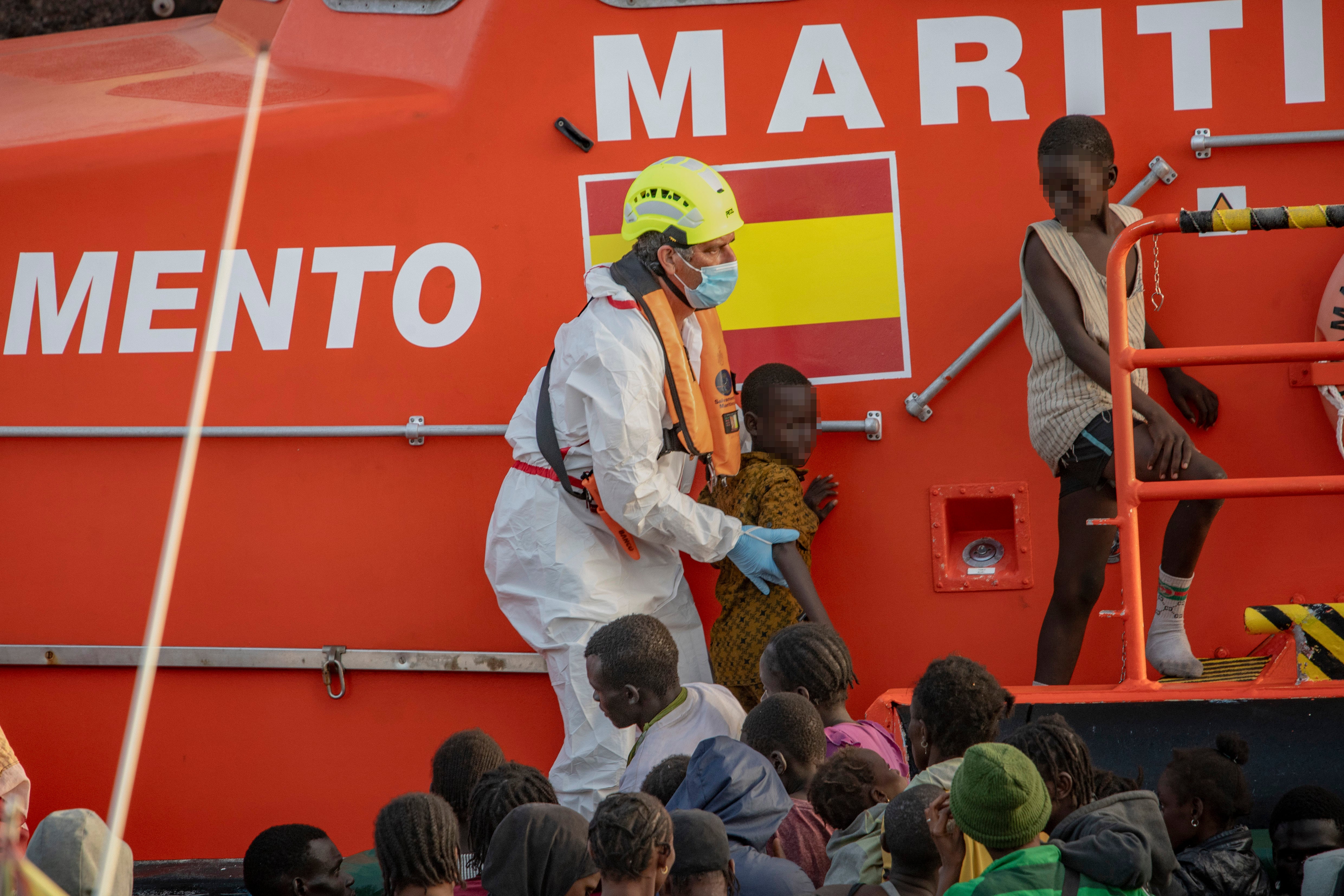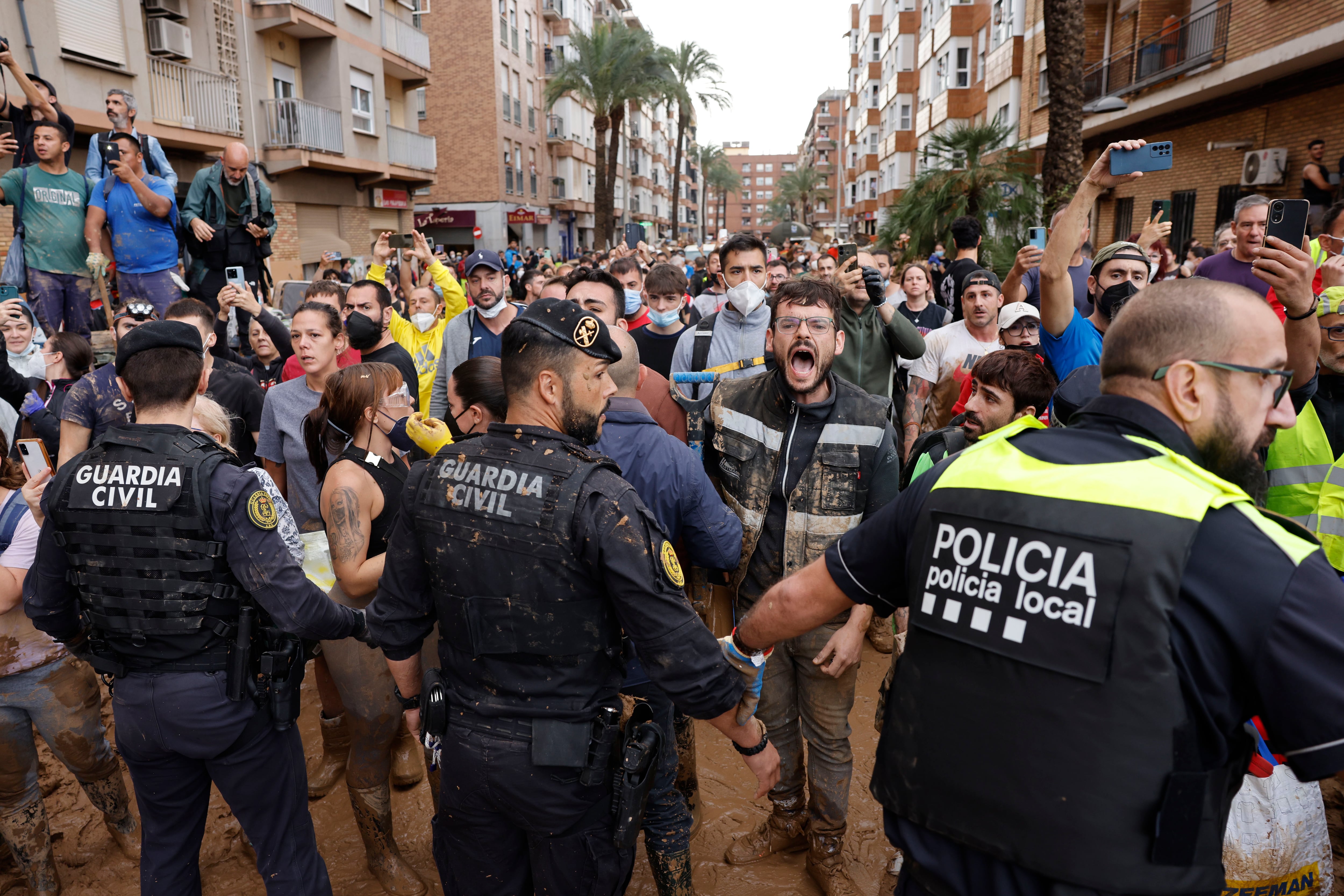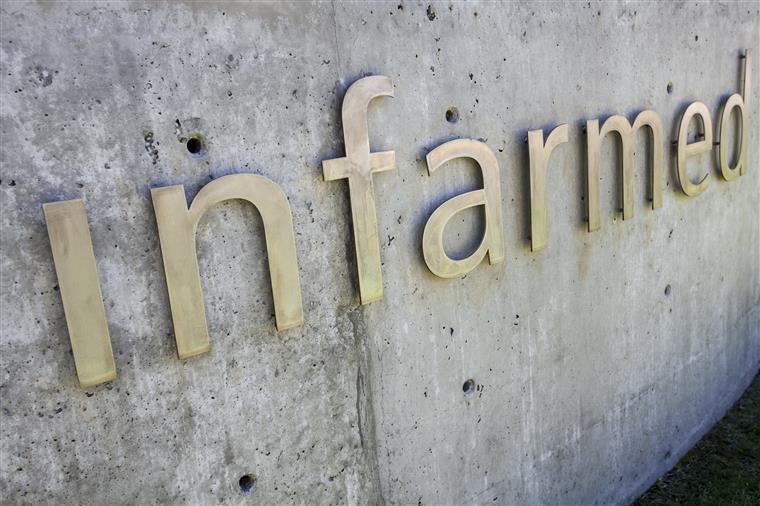Canary Islands Aviva The Judicial Battle with the Government to assume the reception of the minor refugees | Spain

The Canary Islands government and the central government continue in an apparent honeymoon for the gallery, but in the courts the judicial battle intensifies. Fernando Clavijo’s team keeps his hand laid off after having finally achieved the legal reform that obliges the autonomous communities to host thousands of children and adolescents who are overcrowded in the islands’ reception centers. However, the Canarian government does not renounce another of its objectives: that the State assumes the attention of about a thousand kids who have requested asylum, mostly Maltenses flee from violence in your country. The legal battle seemed to have set it on the supreme on March 25 when He urged the central government to take care of these minors immediately, but from Madrid they have been trying to gain time. And the Canary Islands, according to the document to which the country has had access, has decided to counterattack.
After the supreme car, the central government initially presented an appeal. Shortly after, he withdrew it, claiming that it had been a unilateral initiative of state lawyers. Then, he announced – and communicated to the court – the will to collaborate, comply with the resolution, create a working group and write a joint protocol. However, none of these ads has been translated so far into a single transfer or tangible advances. The pretext of the central government is that its centers are not prepared to properly host these minors. « What is the use of the State affirming that it will comply (…), if it is then limited to maintaining that the system is not designed to accommodate unaccompanied minors? » It is collected in the last allegations presented by the Canary Government in the case.
In the document, the Canary Islands government points out that if the state system is not prepared, it is for “lack of forecast”, it criticizes the delay of the ministries involved and asks that the Court order the State to “immediate compliance with the car”.
As can be seen from the public statements of some ministers, the Government is confident that the transfers to the Peninsula will begin before the judicial resolution is forced to comply, which would allow to relieve the overcrowding situation that motivated the supreme car. « Relocating migrants not accompanied by international protection with the rest of unaccompanied minors solve the situation of overcrowding of the Canary Islands but does so in times that are not those of this precautionary measure; and does not solve their lack of access to the National System of Reception of International Protection, » the Canarian lawyers claim.
In his allegations, the Clavijo executive goes beyond the current emergency context and defends that the state reception of refugee children must be a norm and not an exception reserved for collapse situations. « Canary Islands have been collaborating above the enforceable by attending these minors in solitude for years of abandonment of the State in this matter, » he says. This is a door that other autonomous communities are already taking advantage of the reception of asylum seekers. As the country has verified, after the supreme car, Cantabria requested the Ministry of Migration to take charge of the only minor asylum seeker who currently welcomes: a Mali teenager.
Canarian legal services defend that as the system is now designed there are barely differences between the attention that an unaccompanied minor receives asylum and another that does not. In addition, experts underline the paradox that autonomic transition programs to adult life are usually more complete than the state program of refugee care. And, in most cases, they point out, the system ends up providing better attention to an adult asylum applicant – which accesses specialized legal assistance and psychological support – than a minor welcomed in the conventional centers of the Autonomous Communities.
This apparent conflict, which mixes competencies and childhood approach in asylum, promises a new background debate between administrations. For the Canary Islands government, the refugee status must prevail. For the State, the minor. In the March resolution, the Supreme Court said that in the matter there is « a clear competence concurrence » of both administrations, state and regional, about these minors: in their status as minors « in obvious situation of helplessness » you cannot ignore « its statute of protection by the autonomous community. » « But when the circumstance of having submitted an asylum application is added to your minor status, the statute must necessarily converge » that attributes asylum legislation, which is in charge of the State.







